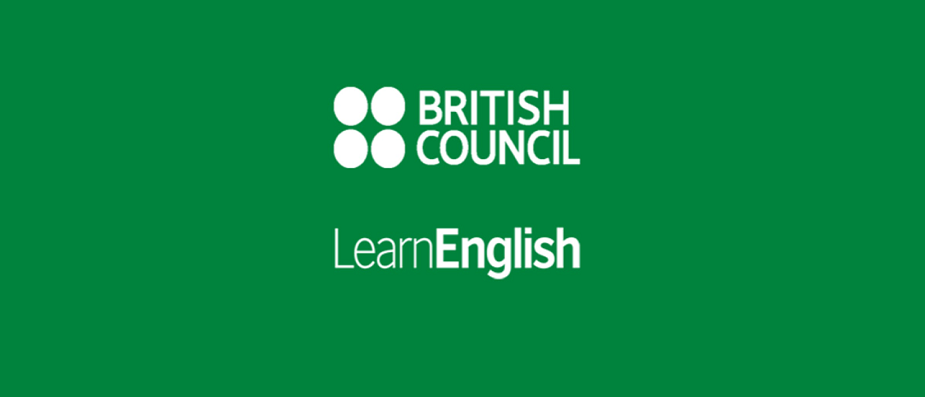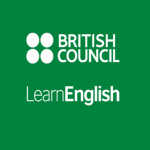پادکست British Council سطح B1 شماره 2
پادکست British Council سطح B1 شماره 2 : A student discussion
با دومین قسمت از پادکست British Council سطح B1 (پایه intermediate) همراه شما هستیم.
گوش دادن به این پادکست ها به تقویت مهارت listening ات کمک زیادی میکنه، پس اگه سطحت intermediate ئه و دوست داری این مهارت خیلی مهم رو از همون قدم های اول یادگیری زبان تقویت کنی، این پادکست رو از دست نده!
قبل از گوش دادن به پادکست، تمرین آمادگی زیر را انجام بده. بعد به پادکست گوش کن و تمرین های آخر مطلب را با توجه به محتوای پادکست انجام بده.
تمرین آمادگی
کلمات داخل پرانتز را در ستون مناسب قرار بده : (جواب تمرین در انتهای صفحه)
(to have in common, but, similar, whereas, both, to share, while)
| Words and phrases for talking about things that are the same کلمات و عبارات در مورد شباهت ها | Words and phrases for talking about difference کلمات و عبارات در مورد تفاوت ها |
حالا به پادکست گوش کن. در این قسمت قراره به جواب های یه دانش آموز و مقایسه هایی که انجام میده گوش بدی. با گوش دادن به پادکست هم می تونی مهارت شنیداریت رو تقویت کنی و هم کلی عبارت و کلمه ی کاربردی یاد بگیری.
British Council – Intermediate: A student discussion

متن پادکست:
Teacher: So you’ve got a few minutes to discuss with your partner.
Student 1: So, as far as I know, the main similarity between Mars and Earth is that they can both support human life.
Student 2: Yeah, but do we know that’s actually true? I mean, Mars is much colder than Earth, isn’t it? It says here it’s about minus 55 degrees most of the time, whereas on Earth only places like Antarctica get that cold.
Student 1: True. Well then, I suppose you could say both planets are a similar distance from the Sun?
Student 2: No way! Mars is much further away! It says here it’s about 228 million kilometres, while Earth is about 150 million.
Student 1: Yes, but in space that’s not that far. Jupiter is, like, almost 780 million kilometres. That’s why we use astronomical units when we talk about distances in space. Earth is 1 astronomical unit from the Sun and Mars is 1.3. The difference doesn’t sound so big when you look at it that way.
Student 2: I see what you mean. Jupiter is 5.2 astronomical units so I guess you’re right. What other similarities are there between the two planets?
Student 1: Let’s see … not the colour, obviously!
Student 2: Yeah! Earth is called the blue planet and Mars is called the red planet for pretty obvious reasons!
Student 1: Their sizes are pretty different. Mars is about half the size of Earth.
Student 2: What about this? It looks like the days on both planets are almost the same length. Earth’s day is 24 hours but Mars’s is about half an hour longer.
Student 1: You’re right. OK, any other things they both share?
Student 2: I suppose you could say they have water in common.
Student 1: Could you? How?
Student 2: Well, Earth is 70 per cent water and Mars probably had huge oceans in the past. It’s just that most of the water there now is probably frozen.
Student 1: Ah, I see. I don’t think we can say the air is the same, though. Most of Earth’s air is nitrogen and oxygen, but Mars …?
Student 2: Mars doesn’t really have air, not compared with Earth. It’s got about one per cent as much air as Earth.
Student 1: Right, and it’s mostly carbon dioxide.
Student 2: Gravity is another difference. I didn’t know this, but Mars has higher gravity than the Moon. But it’s much less than on Earth, of course.
Student 1: Oh, yes. It says Mars has about 38 per cent of Earth’s gravity.
Teacher: OK, let’s see what you’ve found …
حالا به سوالات زیر جواب بده:
تسک 1:
ویژگی های داخل پرانتز را در ستون مناسب قرار بده:
(Has more air, Is closer to the Sun, Is colder, Has stronger gravity, Is 50 per cent smaller,Has more nitrogen and oxygen than carbon dioxide ,Used to have water, Has a longer day)
| مریخ – Mars | زمین – Earth |
تسک 2
جملات زیر را با کلمات داخل پرانتز کامل کن:
(astronomical, nitrogen, frozen, support, Gravity, same)
1) Most people think Mars can ……………………………… human life.
2) We measure distances in space using ……………………………… units.
3) The two planets aren’t the ……………………………… colour.
4) Most of the water on Mars is probably ……………………………… .
5) The air on Earth is mostly made up of ……………………………… .
6) . ……………………………… on Mars is just over one third as strong as on Earth.
جواب ها
| Words and phrases for talking about things that are the same | Words and phrases for talking about difference |
| to have in common | but |
| similar | whereas |
| both | while |
| to share |
تسک 1
| Mars | Earth |
| Is colder | Has more air |
| Is 50 per cent smaller | Is closer to the Sun |
| Used to have water | Has stronger gravity |
| Has a longer day | Has more oxygen and nitrogen than carbon dioxide |
تسک 2
1. support
2. astronomical
3. same
4. frozen
5. nitrogen
6. Gravity
امیدوارم از پادکست British Council سطح B1 شماره 2 لذت برده باشید. برای دسترسی به قسمت های دیگر این پادکست می توانید از صفحه ی پادکست British Council آکادمی مجازی آموزش زبان 24talk دیدن کنید.
همچنین برای گوش دادن به پادکست های BBC می توانید به صفحه ی پادکست 6 دقیقه انگلیسی (BBC) آکادمی مجازی آموزش زبان 24talk مراجعه کنید.







